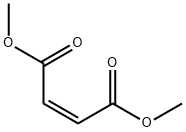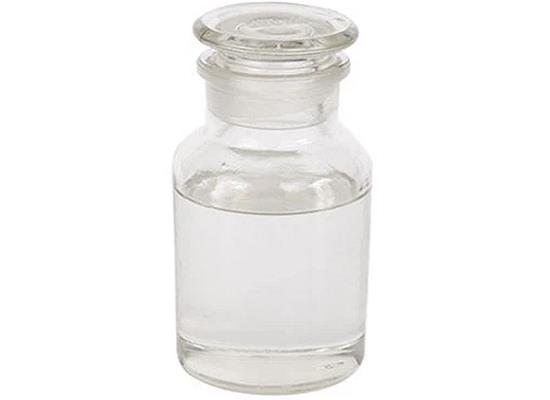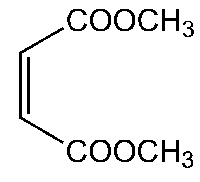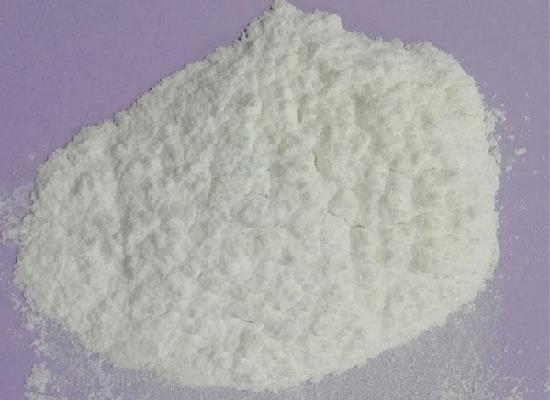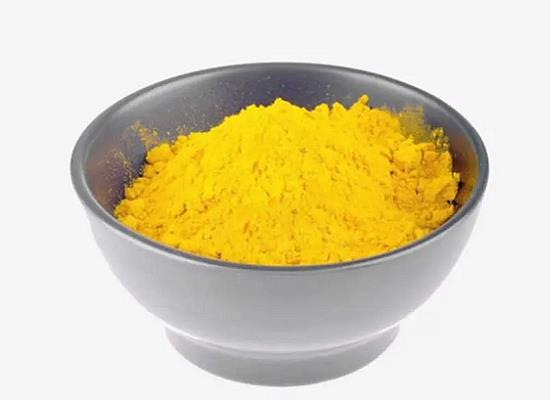Dimethyl maleate: properties and applications in organic synthesis
General Description
Dimethyl maleate is a versatile organic compound used in various industries. It appears as a colorless to yellow liquid with a pungent odor. It has solubility in water, alcohol, ether, acetone, and chloroform. The compound is involved in cross-coupling reactions, heterocyclic synthesis, polyester resin production, and polymer chemistry. It contributes to the development of functional materials, pharmaceutical intermediates, coatings, adhesives, and composite materials. However, it is important to handle dimethyl maleate with caution due to its irritant and toxic properties. It can cause skin and eye corrosion, and long-term exposure can lead to respiratory irritation. Protective equipment should be used, and proper storage and disposal methods must be followed.
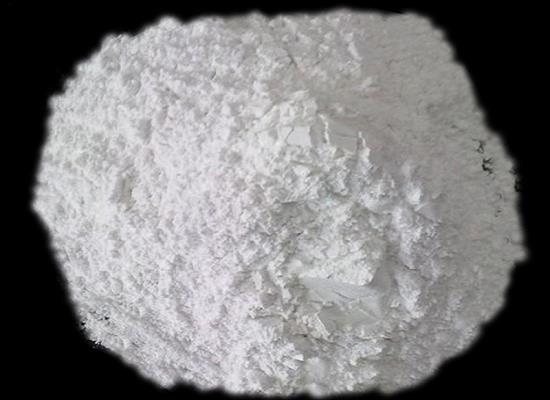
Figure 1. Dimethyl maleate
Properties
Dimethyl maleate, with the chemical formula C6H6O4, is an organic compound that plays various roles in different industries. It appears as a colorless to yellow liquid and possesses a pungent odor. Dimethyl maleate exhibits solubility in water, alcohol, ether, acetone, and chloroform, while being insoluble in benzene and gasoline. At a temperature of 20°C, it has a density of 1.326 and a boiling point of 228°C. The production of dimethyl maleate primarily involves two methods. The first method entails esterification, which involves the reaction of maleic anhydride with methanol. The second method involves hydrolysis, where the ester form of dimethyl maleate is subjected to a chemical process that breaks it down into its constituent components. These production methods ensure a stable supply of dimethyl maleate for various industrial processes and applications. It is important to note that proper handling and safety precautions are necessary while working with dimethyl maleate due to its potential hazards. Protective equipment and adequate storage conditions should be employed to prevent accidents or exposures. 1
Applications in organic synthesis
Dimethyl maleate is extensively used in organic synthesis due to its versatile reactivity and applications in various reactions. Dimethyl maleate has also demonstrated its application as a reactant in the preparation of polyester resins. By reacting with polyols such as ethylene glycol or propylene glycol, it can contribute to the formation of ester linkages, resulting in the production of high-performance coatings, adhesives, and composite materials. Another notable utilization of Dimethyl maleate lies in polymer chemistry. It can be employed as a comonomer in the copolymerization reactions with various vinyl monomers such as styrene or acrylates. The incorporation of Dimethyl maleate units imparts desirable properties to the resulting polymers, including improved flexibility, adhesion, and resistance to environmental factors. In summary, Dimethyl maleate is a versatile compound widely used in organic synthesis. Its applications encompass cross-coupling reactions, heterocyclic synthesis, polyester resin production, and polymer chemistry. Through its involvement in these diverse processes, Dimethyl maleate contributes to the development of functional materials, pharmaceutical intermediates, and other valuable compounds for various industries. 2
Safety
Dimethyl maleate has irritant and toxic properties, and it is highly corrosive to the skin and eyes. Workers should avoid contact with dimethyl maleate, and if contact occurs, they should immediately wash with water and seek medical attention. Dimethyl maleate can be absorbed through the respiratory tract and skin, and it is easily volatilized into the air. Long-term exposure to dimethyl maleate may cause irritation to the eyes, nose, and throat, and may also cause irritation to the skin and respiratory tract. Workers should wear protective equipment such as gloves, masks, and goggles to avoid contact with dimethyl maleate. The storage of dimethyl maleate should be kept away from heat and oxidizing agents, and it should be stored in a container made of non-reactive materials such as glass or plastic. If dimethyl maleate is spilled, it should be collected with a non-reactive absorbent material and placed in a sealed container for proper disposal. 3
Reference
1. PubChem. Compound Summary: Dimethyl maleate. National Library of Medicine, 2005, CID:5271565.
2. G?owacka IE, Hartwich A, Rozpara I, Piotrowska DG. Synthesis of Functionalized Diethyl(pyrrolidin-2-yl)phosphonate and Diethyl(5-oxopyrrolidin-2-yl)phosphonate. Molecules, 2021, 26(11):3160.
3. SAFETY DATA SHEETS: Dimethyl maleate. CHEMI, 2019.
You may like
Related articles And Qustion
Lastest Price from Dimethyl maleate manufacturers
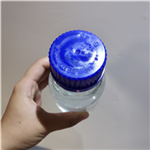
US $10.00/KG2025-04-21
- CAS:
- 624-48-6
- Min. Order:
- 1KG
- Purity:
- 99%
- Supply Ability:
- 10 mt

US $50.00/kg2025-04-15
- CAS:
- 624-48-6
- Min. Order:
- 1kg
- Purity:
- 99%
- Supply Ability:
- 5000kg/week
